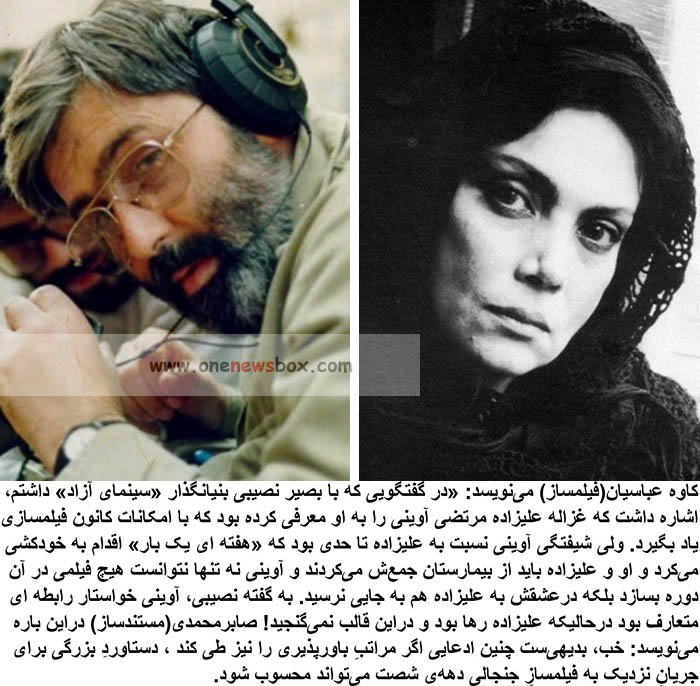Her eventual suicide, long after the revolution and Avini’s martyrdom, has been met with silence, mischaracterization, and even erasure within official discourses. As a woman who remained outside the ideological consensus, her death has often been treated as a tragic footnote rather than an event of cultural importance. And yet, in the quiet intersections of their biographies, her presence lingers—both as a muse and a mirror.
The absence of an official acknowledgment of their connection is not merely a matter of personal privacy or family dignity. It speaks to a larger discomfort within Iranian society regarding the integration of personal and ideological histories. In a culture that often demands ideological purity from its icons, the story of Kamran and Ghazaleh becomes inconvenient. It reminds us that people are rarely consistent, and that transformation is rarely absolute.
What remains today are fragments—photographs, student recollections, half-censored interviews. Some former classmates speak of their passionate arguments, others of quiet walks and literary discussions. A few recall Avini’s melancholy demeanor after their apparent separation. But what is most compelling is not the details of the romance itself, but what it reveals about the man who would become Seyyed Morteza Avini.
Avini was not born a saint. He was a seeker—of truth, beauty, love, and, ultimately, transcendence. His early life was filled with contradiction, yearning, and failure. And in this, he was not unlike many young Iranians of his generation. What distinguishes him is not that he fell in love or that he suffered, but that he was able to weave these experiences into a narrative of spiritual awakening, however ideologically framed.

